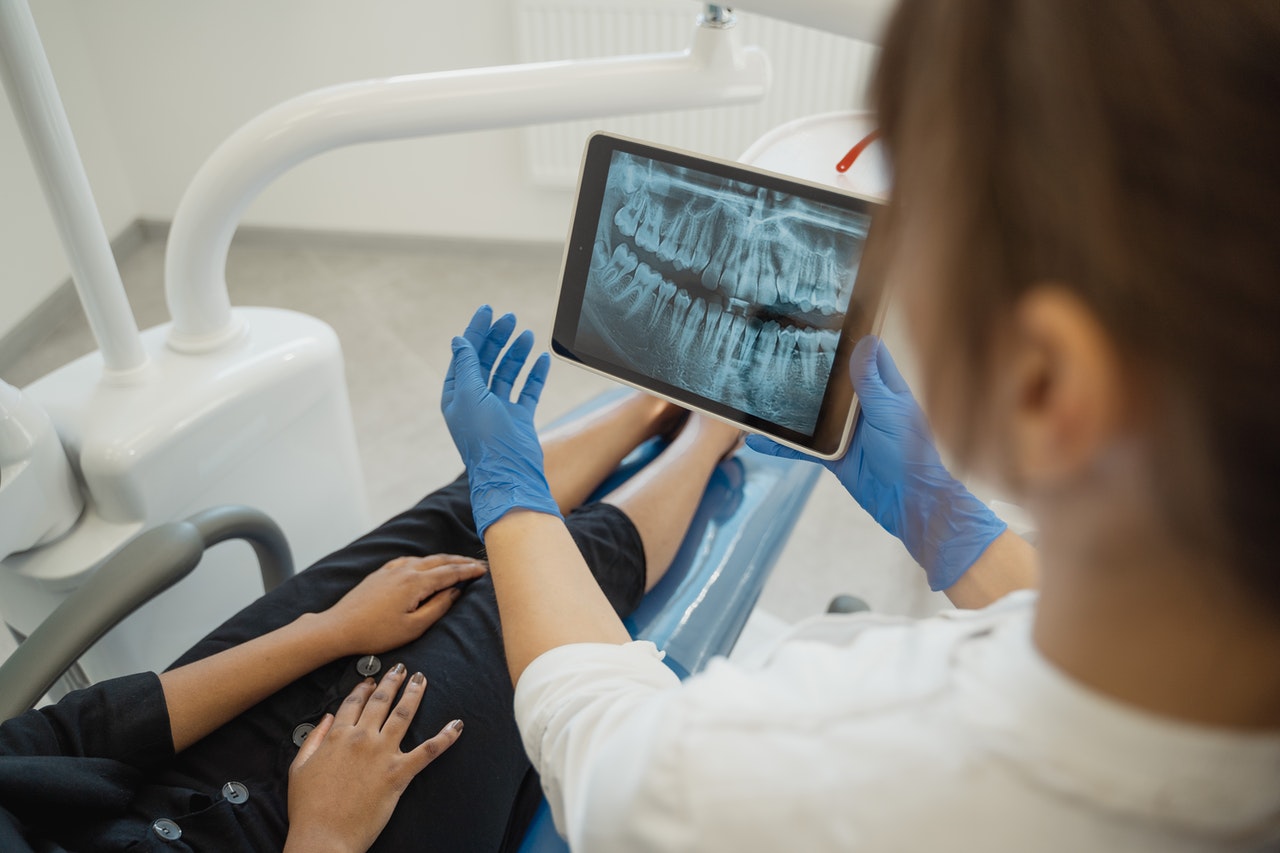Who Are Veterinary Surgeons, and What Sets Them Apart? An In-Depth Look at Their Skills and Expertise
Veterinary surgeons are remarkable professionals who ensure the health and welfare of animals of all sizes. Often referred to as “animal doctors,” their job goes beyond treating sick pets. Their expertise and skills encompass various responsibilities, from diagnosing complex medical conditions to performing intricate procedures. Are you ready to dive into the fascinating world of veterinary surgeons and learn what sets them apart from other animal care experts? Let’s go on this journey together!
Veterinary Surgery
One significant aspect defining veterinary surgeons is their veterinary surgical procedures. These professionals are highly trained to perform various surgeries, from routine spay and neuter operations to more specialized areas such as orthopedic, oncological, and minimally invasive procedures. Veterinary surgeons must have in-depth knowledge of animal anatomy, surgical techniques, and the capacity to manage anesthesia and postoperative care. They are life savers, giving our beloved pets and other creatures a chance against severe ailments and injuries.
Diagnostic Imaging and Veterinary Radiology
Another vital aspect of veterinary medicine is diagnostic imaging. Veterinary radiology provides essential information about an animal’s internal health and helps diagnose ailments that may not be evident through a physical examination alone. In this link with the world of veterinary radiology, experts utilize different imaging techniques, such as X-rays, ultrasound scans, CT scans, and MRI scans. These advanced tools allow veterinary surgeons to visualize soft tissues, bones, and other internal structures, enabling them to make informed decisions about the best treatment options for their patients.
CT-Scans in Veterinary Medicine
One of the cutting-edge diagnostic imaging techniques available to veterinary surgeons is the animal vet CT scan. CT (computed tomography) scans create detailed, cross-sectional images of an animal’s internal anatomy. These high-resolution scans can reveal even the smallest abnormalities, such as tumors, fractures, or internal bleeding. With access to this level of detail, veterinary surgeons can make accurate diagnoses and develop precise treatment plans for their patients. It’s a game-changer in animal care and a testament to the ongoing advancements in veterinary medicine.
Animal Health and Welfare
Veterinary surgeons are true advocates for animal health and welfare. They are skilled in treating various conditions and illnesses and play a significant role in disease prevention and immunization. By administering vaccinations and educating pet owners about good animal care practices, they contribute to the overall health and well-being of animals in their communities. Moreover, they address and manage chronic conditions, ensuring that animals receive the best care.
Specializations in Veterinary Medicine
Like their counterparts in human medicine, veterinary surgeons can pursue various specializations, further expanding their expertise and services. Some popular areas of specialization include equine therapy, minor animal surgery, and dermatology. These specializations require additional training, certifications, and hands-on experience, providing veterinary surgeons with the tools necessary to excel in their chosen fields. By honing their skills in specific areas, they can better serve their patients and provide more comprehensive care.
The Importance of Continuing Education and Skills Development
Continuous learning and skill development are crucial in the ever-evolving field of veterinary medicine. Veterinary surgeons must stay current with the latest advances and innovations. They are often required to complete several continuous professional development (CPD) hours to maintain their licenses and certifications. This ongoing education allows them to refine their skills and acquire new knowledge, ensuring their patients receive the highest quality of care possible.
Various opportunities for further training and certifications exist, such as attending conferences, seminars, and workshops. By staying informed and growing personally and professionally, veterinary surgeons can provide outstanding care and contribute to the continued advancement of their field.
Conclusion
In summary, veterinary surgeons are indispensable professionals in animal care. Their unique skills and expertise set them apart as true animal health and welfare guardians. From performing complex surgical procedures to utilizing advanced diagnostic imaging techniques like CT scans, these devoted individuals are on the frontline of ensuring our furry, scaly, and feathered friends remain healthy and happy. By taking a deep dive into the world of veterinary surgeons, we can better appreciate their incredible dedication to protecting and enhancing the lives of animals everywhere.




